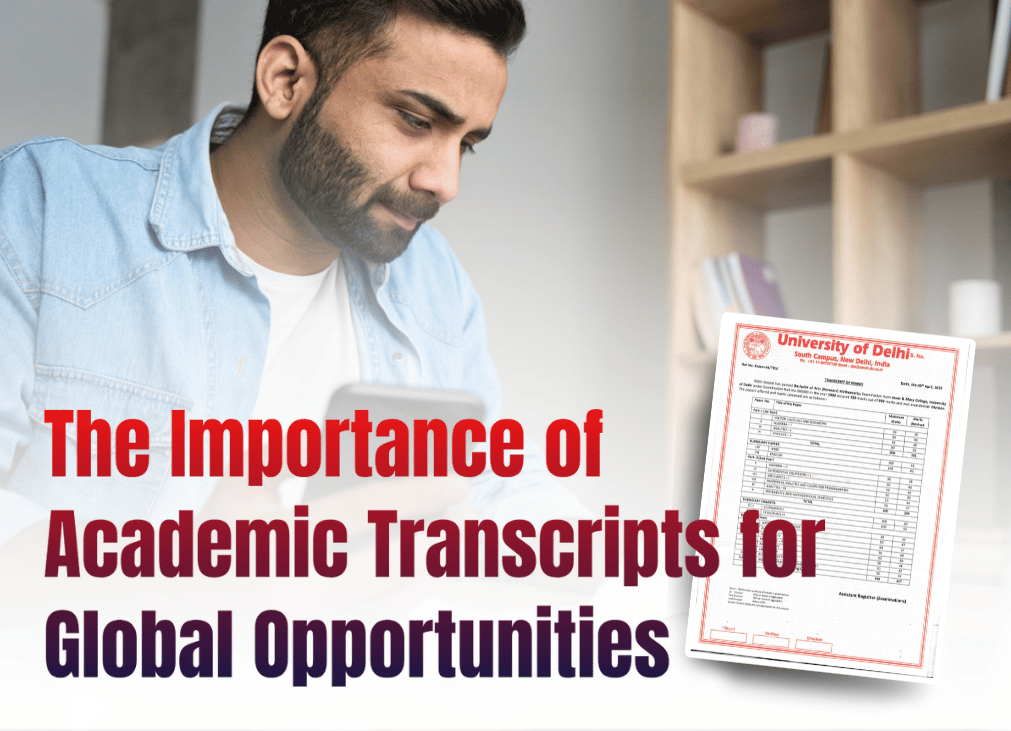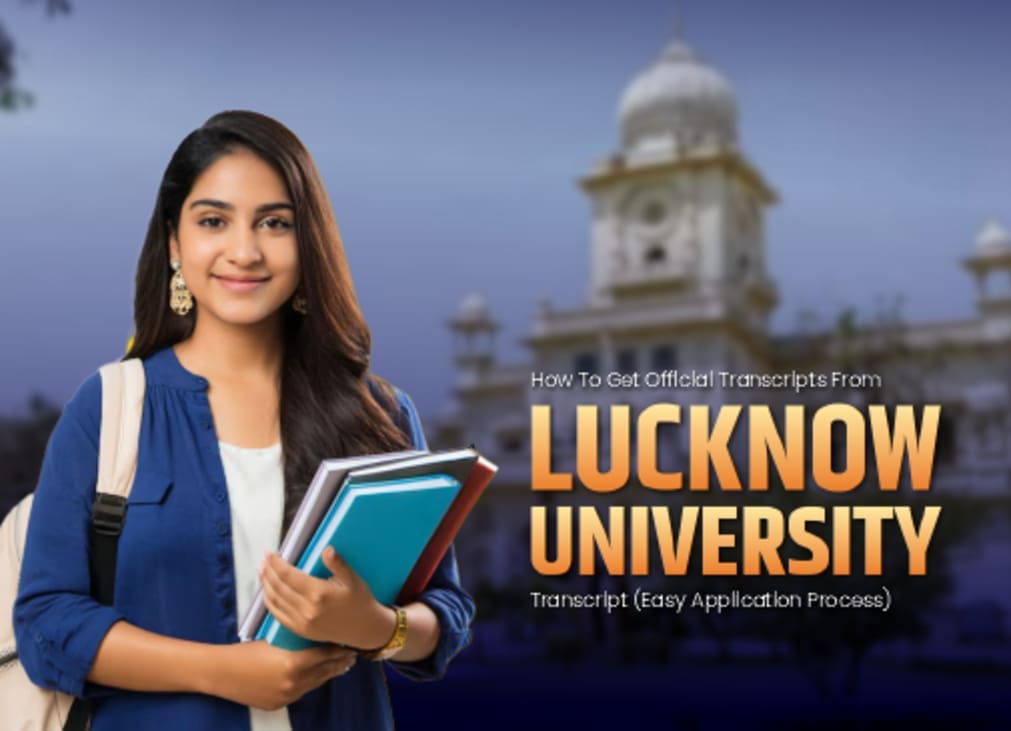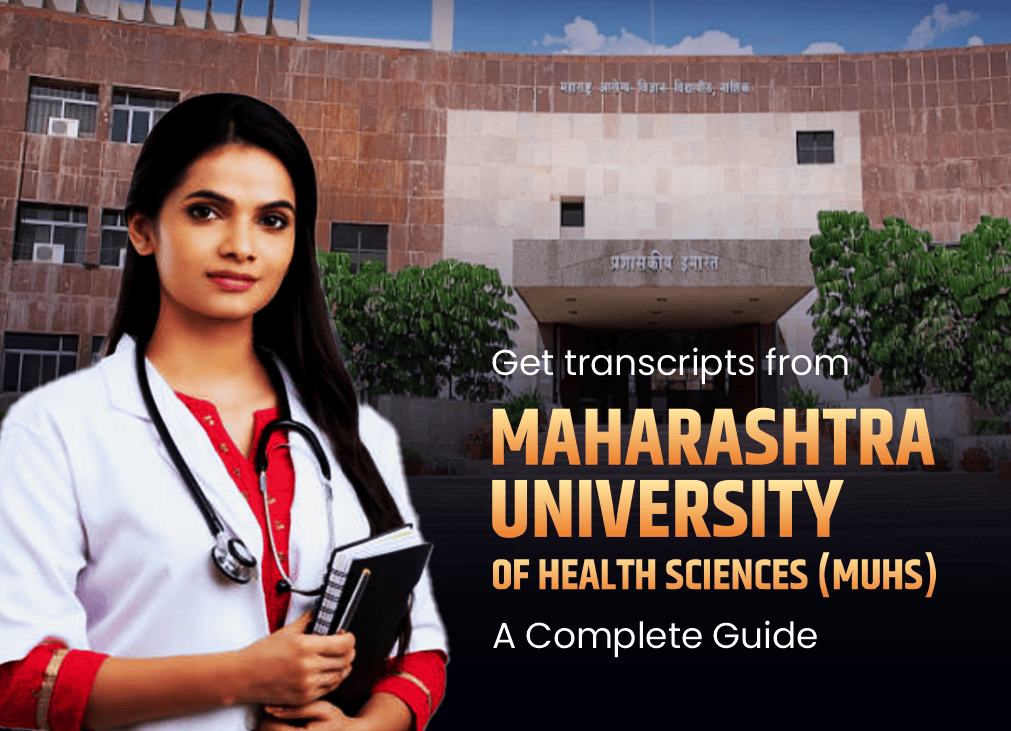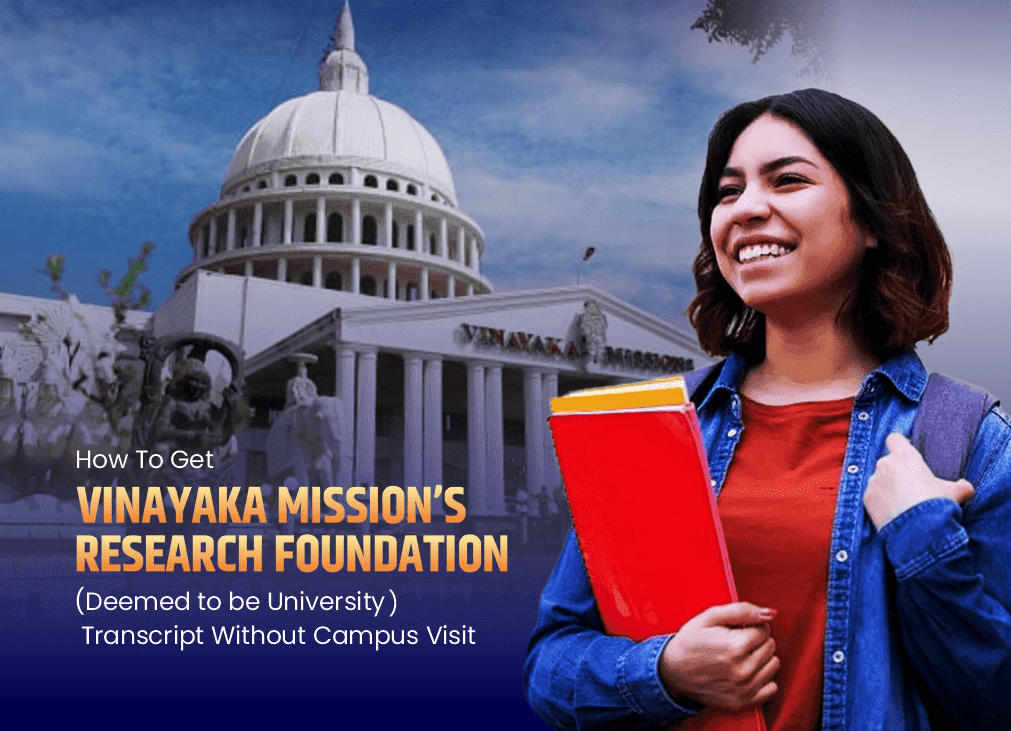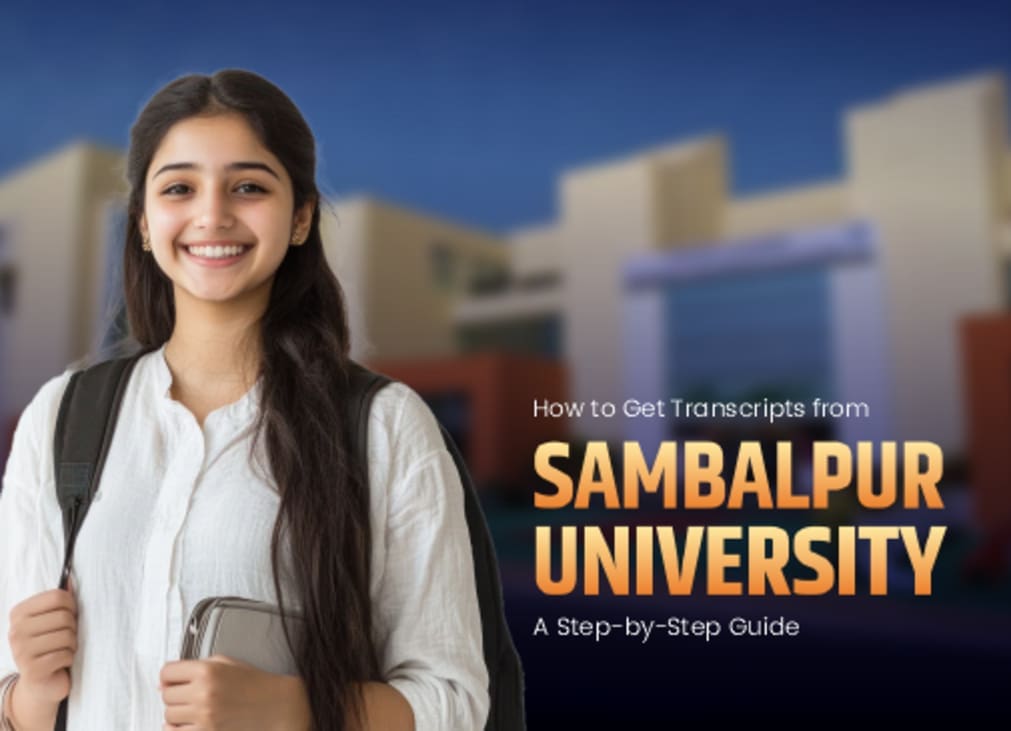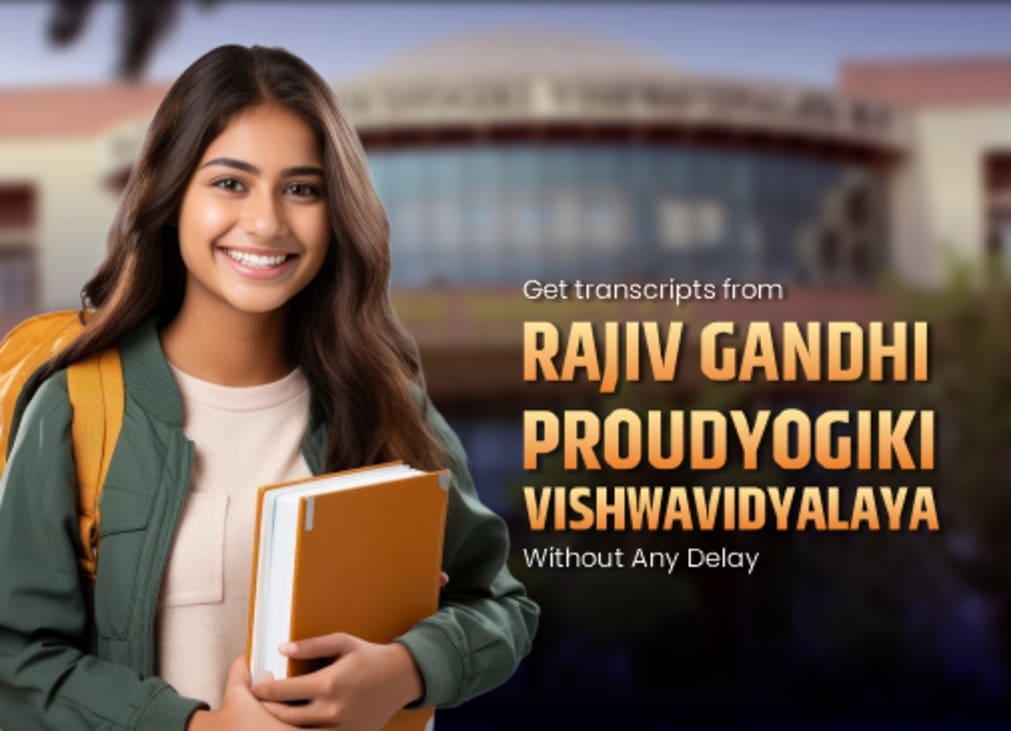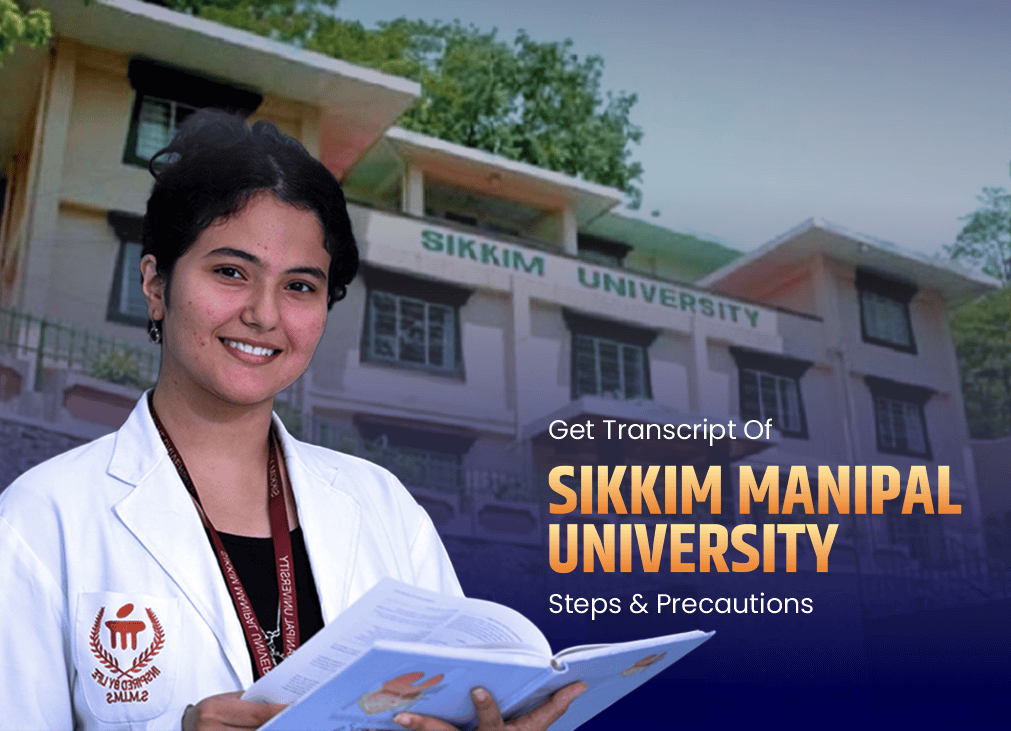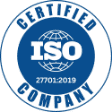The Importance of Academic Transcripts for Global Opportunities
In today’s liberalised and globalised world, academic transcripts play a very essential and significant role overlooked by any students and professionals. If you’re applying for higher education, lisensing, admission to a professional program, seeking a job abroad, or planning to immigrate to countries like Canada or PR in the United States, your academic transcript are official proof of your education, it is an official and authoritative document that details about your qualifications and academic trajectory. But what is an academic transcript, and why is it so essential for global movement? Let us understand. What Is an Academic Transcript? An academic transcript, also known as a university transcript, official transcript, or verified academic record, is a certified document issued under the seal and signature of the exam controller or vice chancellor of the university. It includes the following: A detailed list of subjects studied Marks or grades obtained in each subject Duration of the academic program Your degree or qualification awarded It is more than just an overview, it’s a proof of education that reflects your academic history and competence. Why Are Academic Transcripts So Important? Your academic transcripts are not just documents, they are your academic passport. Here’s why they matter: 1. Crucial for Higher Education Admissions Abroad When you apply to universities in countries like the US, Canada, the UK, or Australia, transcripts are among the core admission requirements. Admission committees use them to assess: Whether you meet the program’s academic requirements Your subject proficiency and academic consistency Your GPA equivalent in their educational system Without a verified university transcript, most applications won’t even be accepted. 2. Required for Credential Evaluation (ECA) If you’re planning to immigrate to Canada through Express Entry or the Federal Skilled Worker Program (FSWP), you’ll need to get an Educational Credential Assessment (ECA) done by renowned evaluation bodies like WES, IQAS, or ICES. To complete an ECA, you must apply for transcript from your Indian university and ensure it’s sent directly to the evaluation body. Without this step, your qualifications won’t be recognised, and your CRS score will remain incomplete. 3. Essential for OverseasJob Opportunities Planning to work abroad? Many employers, particularly in regulated professions (like engineering, accounting, or healthcare), ask for official transcripts to: Verify your qualifications Understand your course structure and credits Compare your academic background to local standards A verified transcript ensures transparency and helps you meet compliance checks smoothly. 4. Key for Immigration and Permanent Residency (PR) Immigration authorities across countries, especially in Canada and the USA, require an academic transcript to validate your proof of education. Without a valid transcript, your PR application can be delayed or rejected. Common Challenges in Obtaining Academic Transcripts Many students and professionals underestimate the effort it takes to request a transcript from Indian universities. Here are a few common hurdles: Unmanageable process and unclear documentation guidelines Geographical barriers for international applicants Lack of online transcript application and tracking support Long wait times and multiple follow-ups for transcript status Universities are not sending e-transcripts directly to ECA bodies Multiple campus visits are required for procurement and dispatch These issues can delay your global plans significantly. How Worldwide Transcripts Simplifies the Process This is where a reliable transcript agency like Worldwide Transcripts comes into play. As a trusted transcript service provider in India, we help students and professionals procure transcripts from 850+ Indian universities and deliver them globally.


